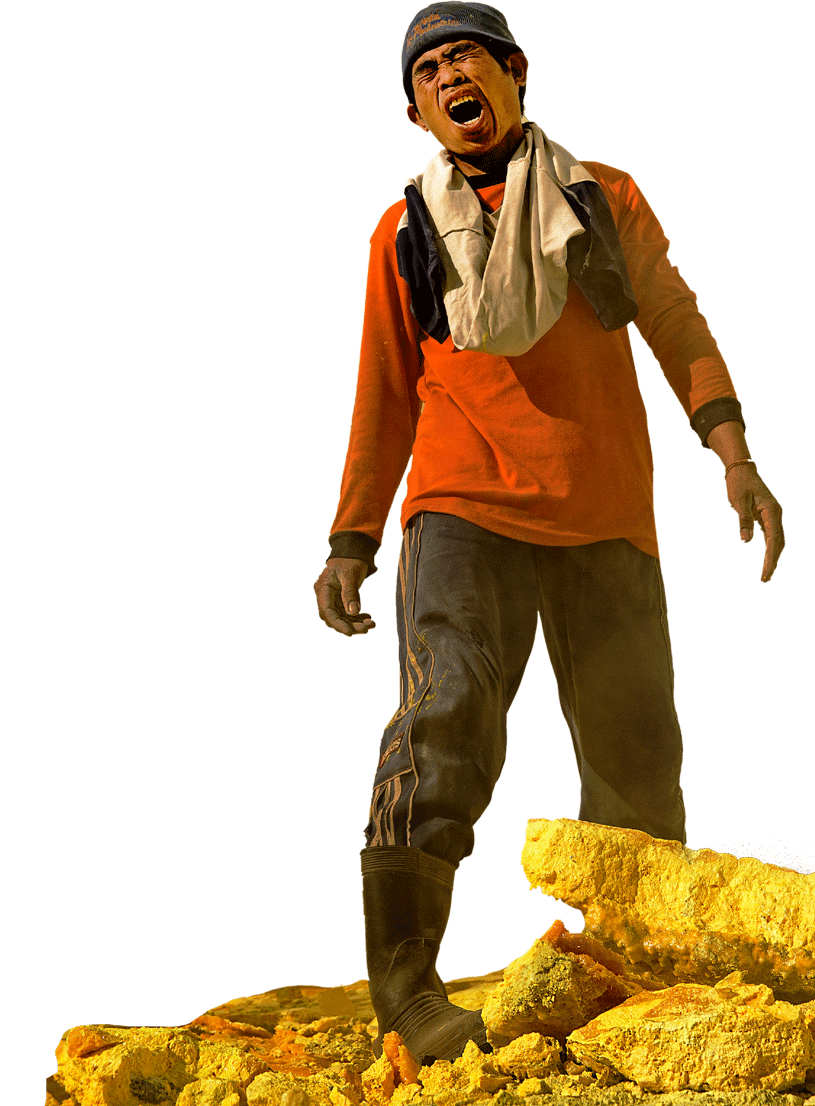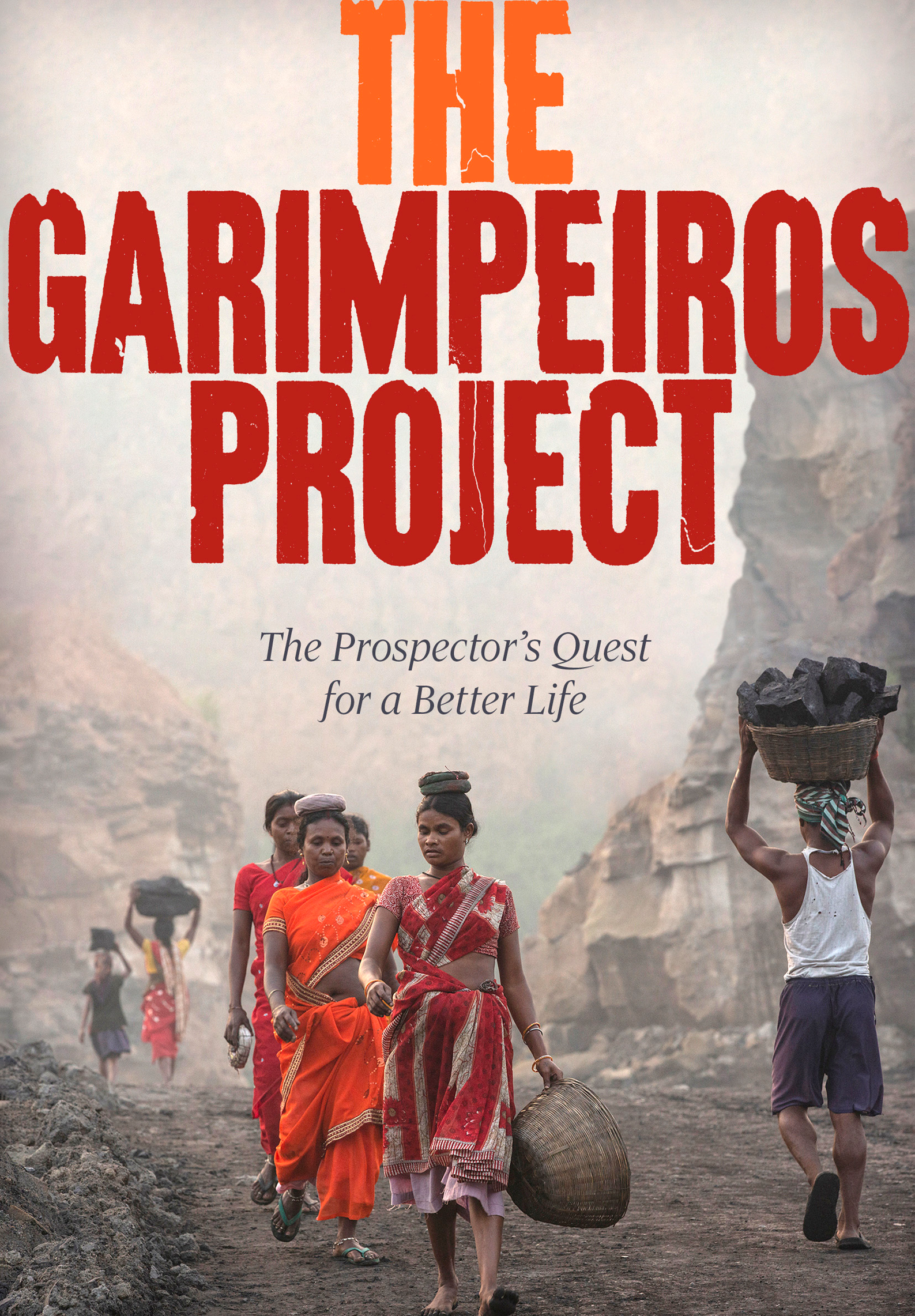
This stunning free E-Booklet gives an insight into the lives of the world’s poorest miners, many of whom provide raw materials for use in our jewellery, laptops, smartphones and electric vehicles.
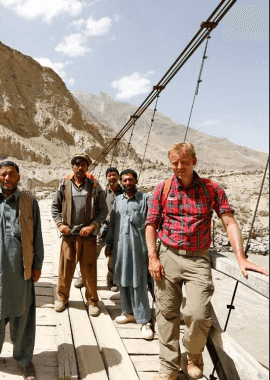
Help me give these people a voice
and seat at the table when decisions are made
about their futures by the world’s rich and powerful.
If you know someone who can help or
can help me get the message out there
please contact me.
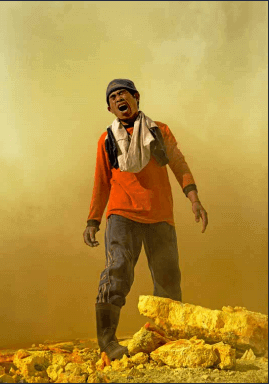
Help me get these miners a seat
at the decision-making table when the world’s
rich and powerful decide about their futures.
Please donate now.
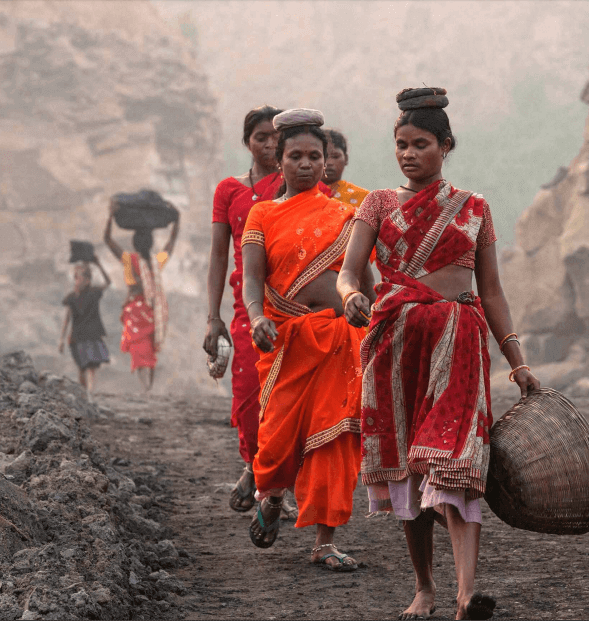
In 2010 I committed to documenting the work and lives of the artisanal and small-scale miners (“ASM”) around the world. There are an estimated 40 million of these people and they mine for many of the raw materials that go in our jewellery and electronic devices such as laptops, smart phones and electric vehicles...

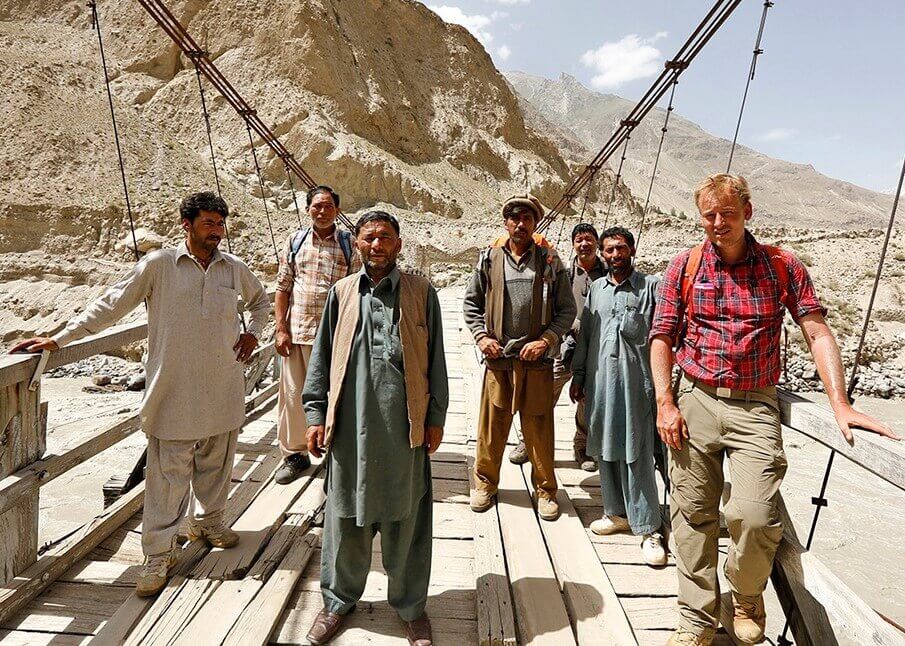
My photographic life began after I left my law studies and a management consulting career to move to Western Australia’s Kimberley region back in 1998. Photography was not something I’d thought of as a career to that point and the camera came along on my early adventures because I was seeing such incredibly beautiful and remote places…
I am excited to announce a new Facebook Group for those interested in following the GARIMPEIROS Project. I will be sharing some of my best stuff over the next few weeks so if you are looking to see incredible and mostly unseen places in our world then click on the button to the right to join. My goal here is to inspire and share knowledge. To get people thinking more deeply about a group of some of the poorest people in the world who most of us know nothing about.
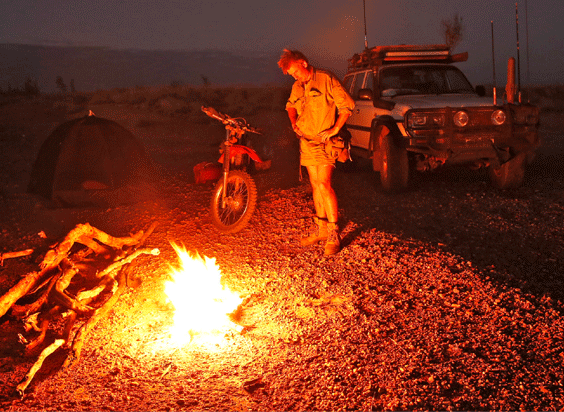
My career as a photographer began in 1998 when I moved to Australia’s Kimberley region.
The Kimberley is one of the most remote and beautiful places in the world and over the next few years I produced a number of best-selling large format books.
In 2012 I had one of numerous epiphanies that have happened throughout my career.
Something felt as though it was missing.
My career to then had been about capturing beauty but in this rapidly changing world I knew I needed to be doing more. So I focused on making important photographs. Capturing aspects of our world that were rapidly changing. Not just beautiful photographs.
I’ve worked in over 30 countries throughout Africa, Asia, South America and my native Australia. I’ve loved Russia, Pakistan, Burkina Faso and the Democratic Republic of Congo. Plus the remote regions of home.
For 15 years I’ve photographed the world’s 40 million men, women and children who mine using their bare hands and very very basic of machinery.
The culmination of this work is the GARIMPEIROS Project. This book focuses on the lives of the world’s poorest miners as they mine across five continents.
My work on this project has intersected with a huge uplift in interest from policy makers around the activities of these miners.
Major decisions are being taken about the miners without them knowing and without them having any input at all into the decisions that are made about them.
My goal is to make the world aware that these people exist. That they are given a voice and a seat at the table when decisions are taken about their lives.
Help me to give these miners a voice.
Please donate now.
GARIMPEIROS - The Prospector's Quest for a Better Life
For 15 years I have photographed some of the poorest people in the world. Miners working with their bare hands in some of the most dangerous work environments on earth.
In recent years the world’s developed nations have been exerting major pressure to shut down many of these mining operations or to change the way they do things.
But little thought is being given to what happens to these miners when they lose their jobs – there’s around 280 million worldwide.
So I’m doing a book to put pressure on the world’s richest nations and companies to properly plan for what happens to these people when they lose their jobs.
What will happen to them? What alternative employment opportunities do we create for them?
What alternate opportunities do we create that gives them the same employment, skills development and remuneration rewards?
To say it’s not okay for us to just dump these people onto the street.
That we must do better. That we must find alternatives for them.
Please donate now to help me achieve this goal.
I first came upon these miners more than 15 years ago during a trip to West Africa.
I was fascinated by the visual picture. Scenes reminiscent of developed world 1850s gold rushes.
I resolved to do a book on them. One had never been done before.
I then set about raising funding, but found no-one would fund me. It was strange as I’d never had difficulties funding my previous books. All had been best-sellers.
Everyone I spoke to thought the project was an important one.
But all had different objectives.
And curiously, despite the billions of dollars being spent in the sector, very little of the money seemed to be reaching the miners.
Worst of all, the world’s richest nations seemed to be focused on solutions that would actually cause the miners harm.
This book is my way of holding the world’s richest nations to account.
To force them to look after the people most being harmed by the decisions being taken.
Please donate here.
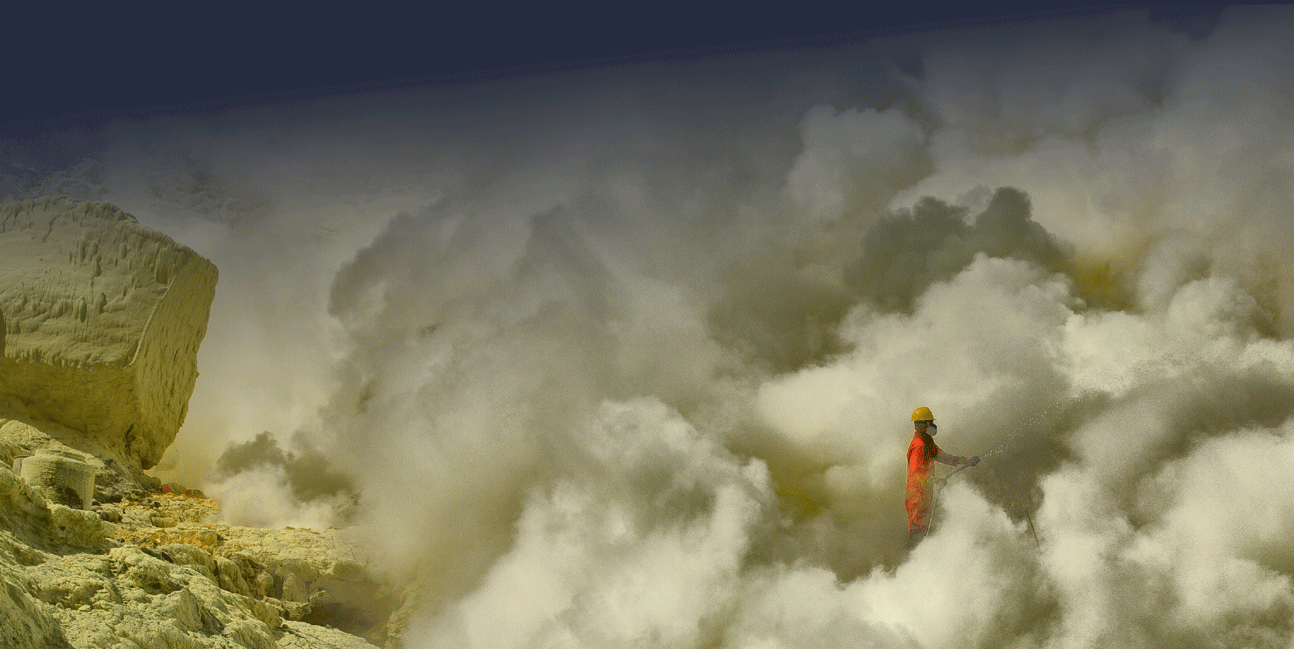
The Times – Job from Hell
These are the toughest jobs on Earth
Interview on ABC 774 Melbourne
Interview on ABC 720 Perth
Photographer from God: Extreme in Life
Mining at the Ends of the Earth
Digging In: The Perth Based Photographer on a Mission

Life and Death in the World’s Most Dangerous Mines
Volcanic Assignment for Photographer Hugh Brown


Producing meaningful and high-quality coffee table books has been a huge part of my life. These are the ones I’ve self-published. But I’ve also been the major contributor on numerous others. I’m interested now in using technology to envision the new books of the future.

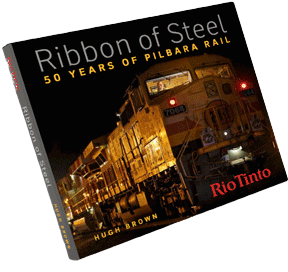
This was a project I helped conceive. It was commissioned by Rio Tinto to celebrate 50 years of their Pilbara rail network and to mark the end of an era with the introduction of driverless trains.
The book was photographed and written over two and a half years. It features interviews and photographs with Rio Tinto’s longest serving Rail employees, including some that had served almost 50 years with the company
Year Printed: 2016
Print Run: 2500
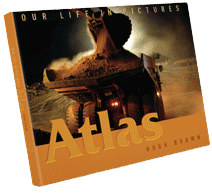
Listed in 2004 Atlas grew from a company of four people (when I frst began photographing them) to become one of Australia’s largest iron ore producers and an ASX100 company with a market capitalisation of US$3B. A great group of people from the MD down. I’m proud to still be associated with them.
The book includes interviews with a diversity of Atlas’ employees.
Year Printed: 2012
Print Run: 2300
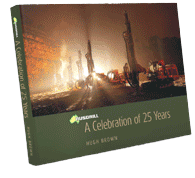
Another commissioned
project. This time to celebrate
25 years of Ausdrill.
An ASX-Listed 200 company that grew from a Kalgoorlie garage to take in 18 different business units and 5000 employees across three continents.
A more genuine group of people would be hard to come across and I feel fortunate to have built the friendships that I have.
It features interviews with some of the company’s longest serving employees.
Year Printed: 2012
Print Run: 11,000
Producing meaningful and high-quality coffee table books has been a huge part of my life. These are the ones I’ve self-published. But I’ve also been the major contributor on numerous others. I’m interested now in using technology to envision the new books of the future.
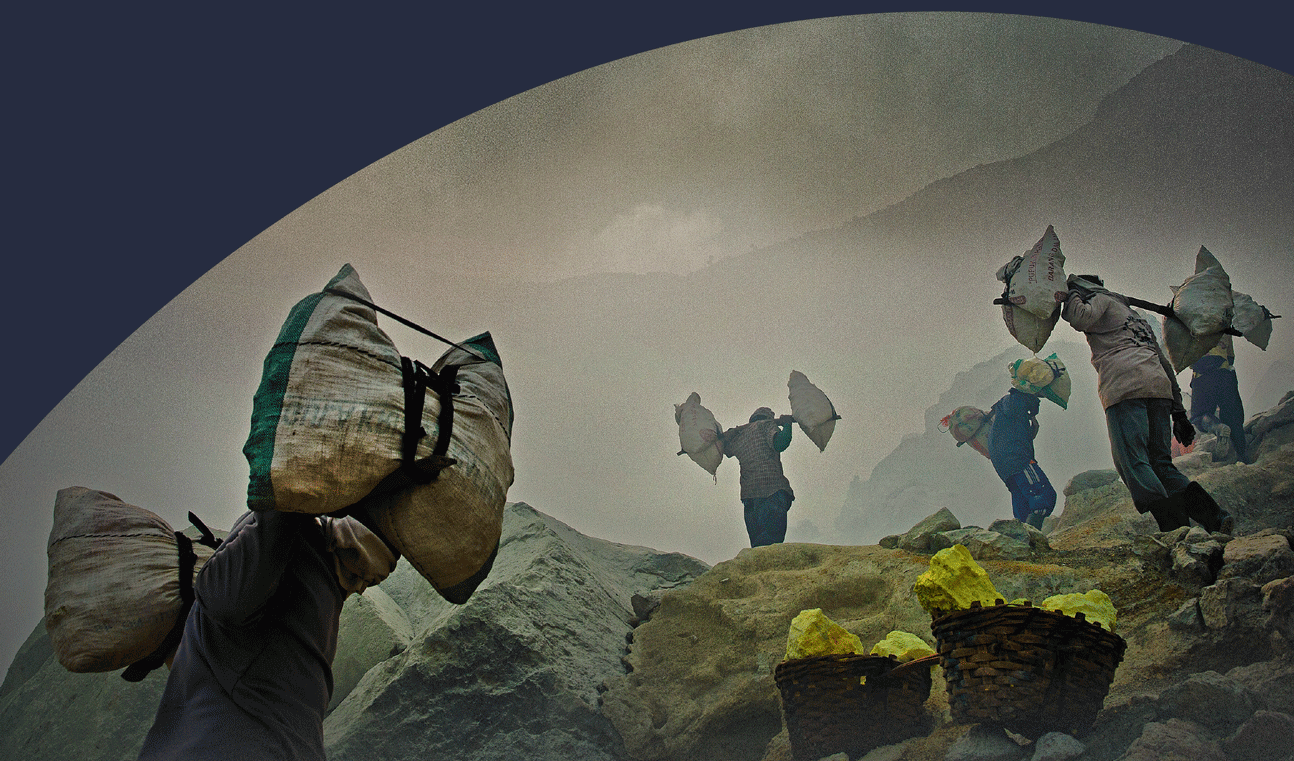
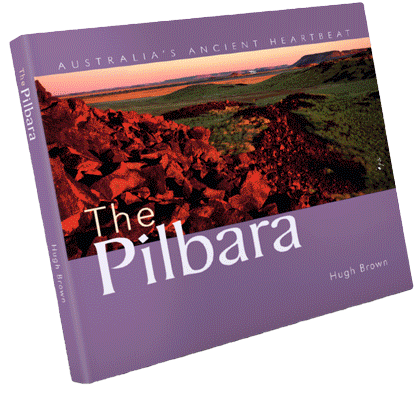
Shot over an intense two and a half year period between late 2004 and 2007 this was the most extensive photographic study of the Pilbara region ever undertaken. A region 500,000+ square kilometres in size and in many ways my second home.
It features stunning large format natural landscapes with a mix of the people and industries that have captured me since I frst visited the region in 1998.
Year Printed: 2007 (Reprinted 2011 and 2015)
Print Run: 11000
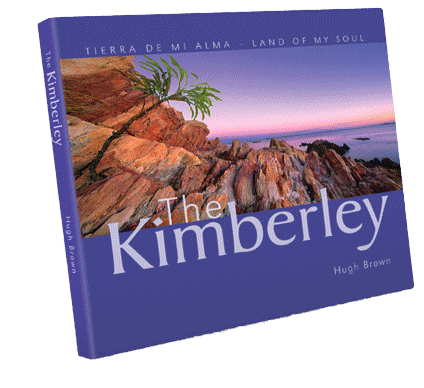
Australia’s Kimberley region captured my soul when I frst travelled there in early 1998.
I ended up leaving my consulting career in Melbourne to relocate there and so began my life of adventure.
This large format hard cover coffee table book features text and photographs of the landscapes and people that have become a huge part of my life across all of the Kimberley’s seasons.
Year Printed: 2006
Print Run: 9500
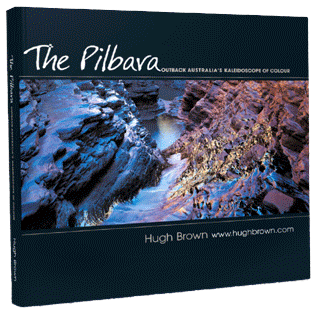
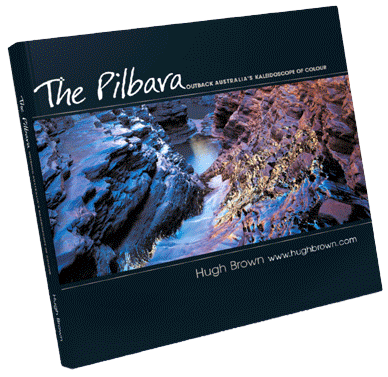
Australia’s Pilbara is one of the oldest and most sparsely populated regions on the planet.
Featuring photos of sweeping landscapes and text of the Pilbara’s history, geography and natural history this coffee table book gives a comprehensive insight into one of Australia’s least known but most important regions.
Year Printed: 2005
Print Run: 6000
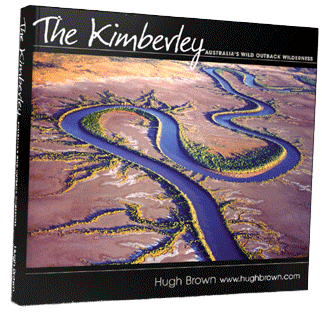
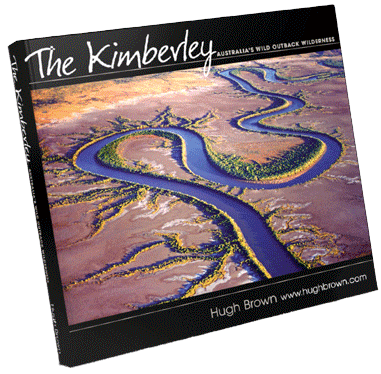
This was my first book. A soft-cover coffee table book, it features spectacular photographs from across the entire Kimberley region and was aimed at covering many of the popular spots that visitors travel to when they come to the Kimberley region.
Year Printed: 2003
Print Run: 6000
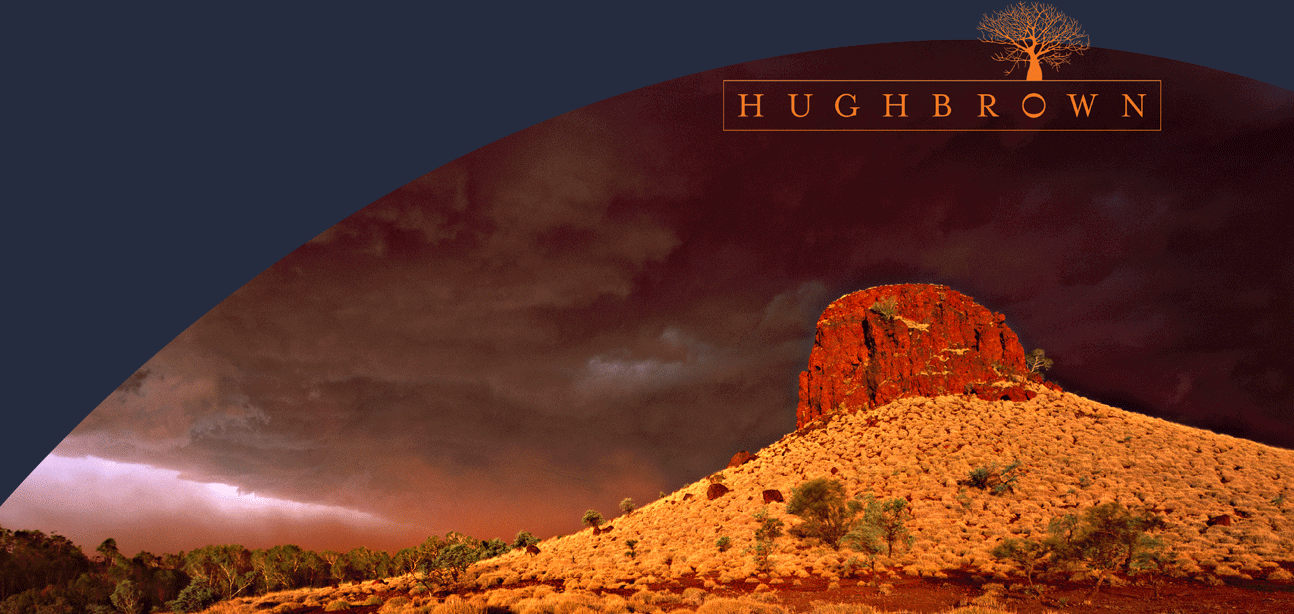
For 15 years I’ve travelled to the world’s most remote places to document the lives of its poorest mining communities.
I’m passionate about educating the world about these people so their livelihoods are considered when the world’s rich and powerful make decisions impacting their lives.
I would love to bring this story to your conference or organization.
Please let me know what you’re working on and how I might be able to help by filling out this quick form
In recent years the rise of Responsible Sourcing has seen the world’s richest nations push to shut down or change the way the world’s poorest miners do things. In this keynote I talk the audience through some of the consequences of these changes including their impact on the livelihoods of the miners and say it is not okay to dump these people on the street. That we must do better. That we must find alternatives for them beforehand.
I have spent 15 years photographing the world’s poorest miners. A group of 40 million people taking in some of the most complex issues known to humankind. Human trafficking. Modern slavery. Environmental degradation. Terrorism and extremism. Organised crime. Child labour and conflict minerals. A dollar a day pay. Taxation. Illegality. In this keynote I take my audience on a journey to understand what motivates these people to work in the most dangerous places on the planet. You will be surprised by what you learn.
We live in a world of conscientious consumerism where we as buyers of product are said to be much more enlightened. But what if I were to tell you that most of your jewellery and smart phones and electric vehicles and laptop components included metals and gems mined by children and people earning a dollar a day working in dangerous working conditions? You most probably would be shocked.
But all is not bad. In this keynote I take my audience on a journey to understand how this style of mining brings hope and futures to the world’s poorest communities and while all is not perfect things are far from bad.
“We couldn’t have been more delighted with Hugh’s contribution to the
NewGen Gold conference dinner. He produced a speech that was at times
humorous, heart-warming and inspiring and the feedback we have from guests
was resoundingly positive. This is no mean feat, given he was speaking on
a subject our guests had intimate professional knowledge on.”
Dominic Piper, Australia’s Paydirt.
“We had the pleasure of having Hugh present for us at one of our major product launches last
year. Hugh is a confident easy speaker who is able to share his knowledge in both an
interesting and informative way. His no-nonsense approach is engaging and relaxed, and he
instantly makes his audience feel included in the journey.”
Sheryl Mauger, Canon Australia.
“Hugh Brown. Focused. Driven. Unique. Incredible photographer.
Interesting speaker. Unmeasurable story teller.”
Diane Bartlett, Health professional.
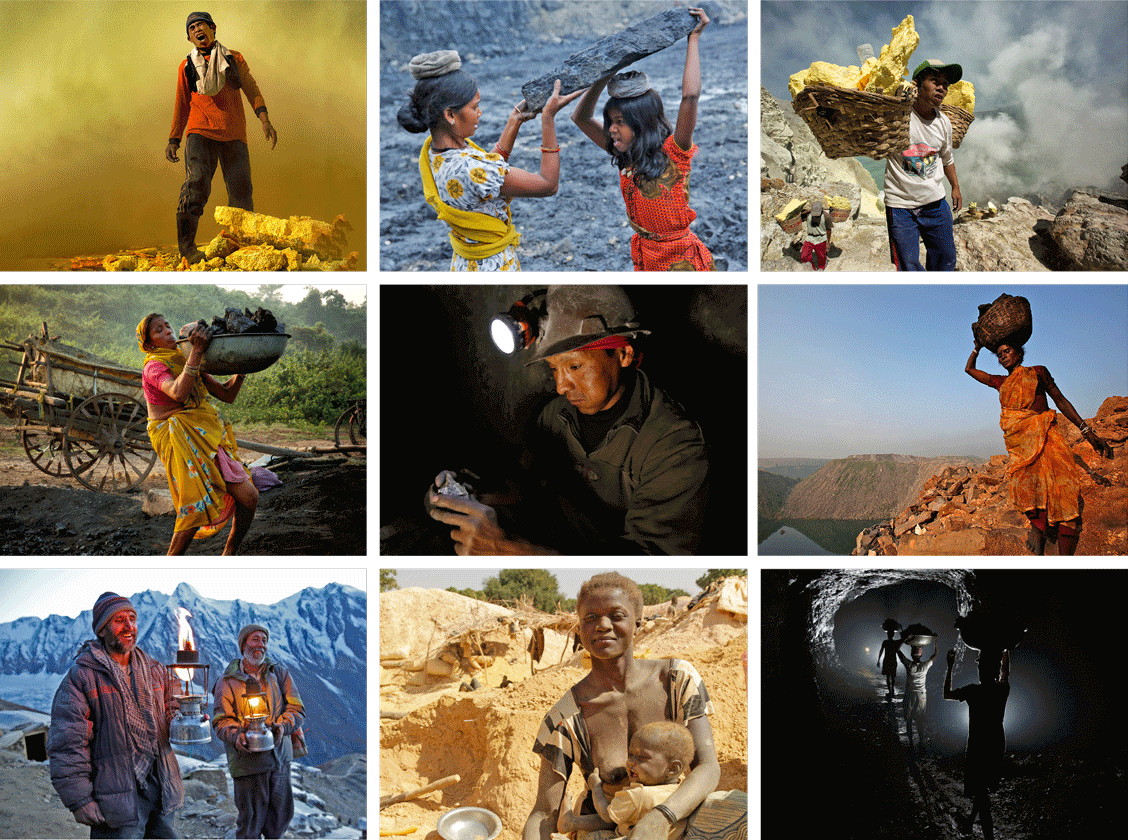
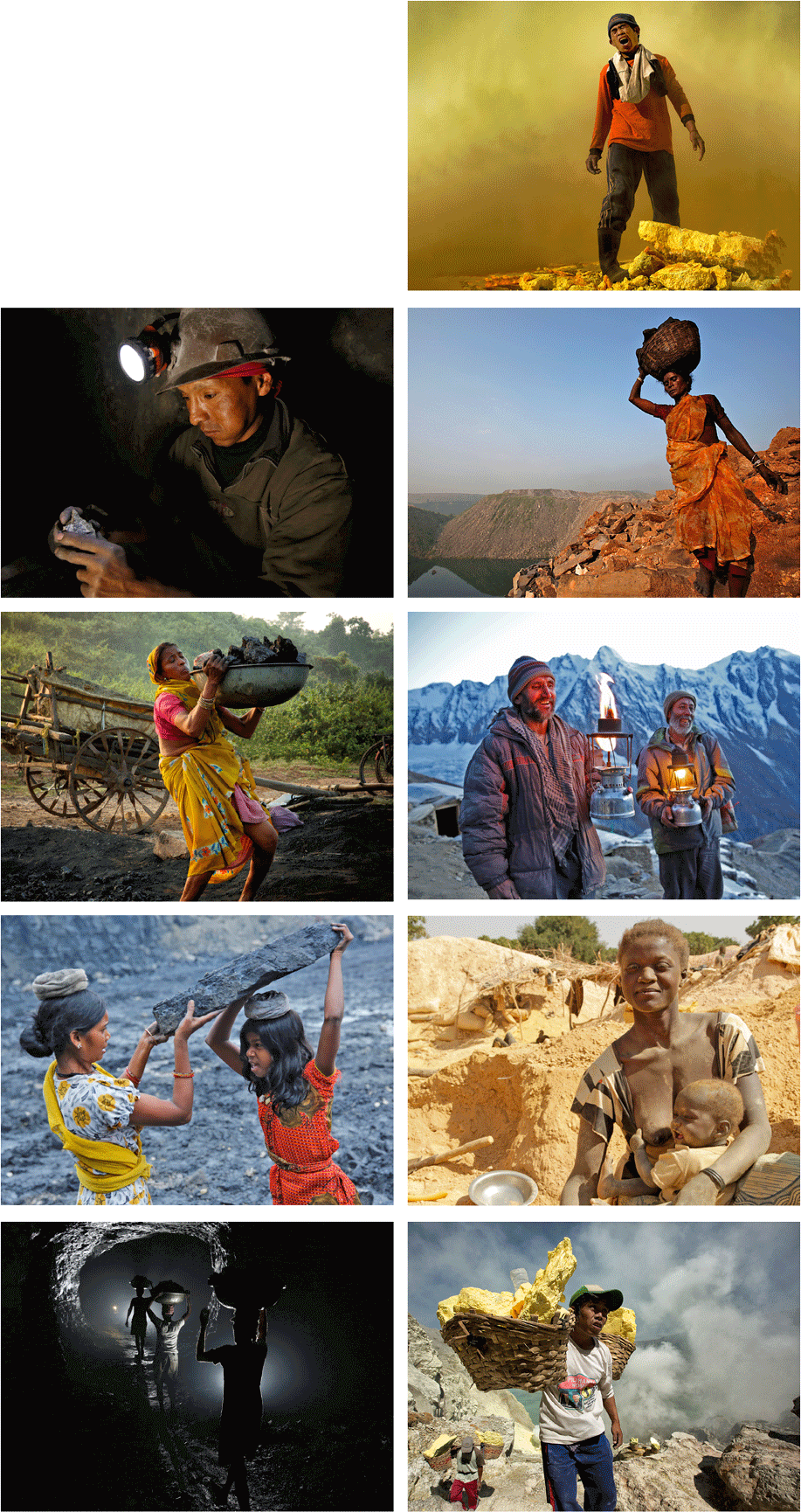
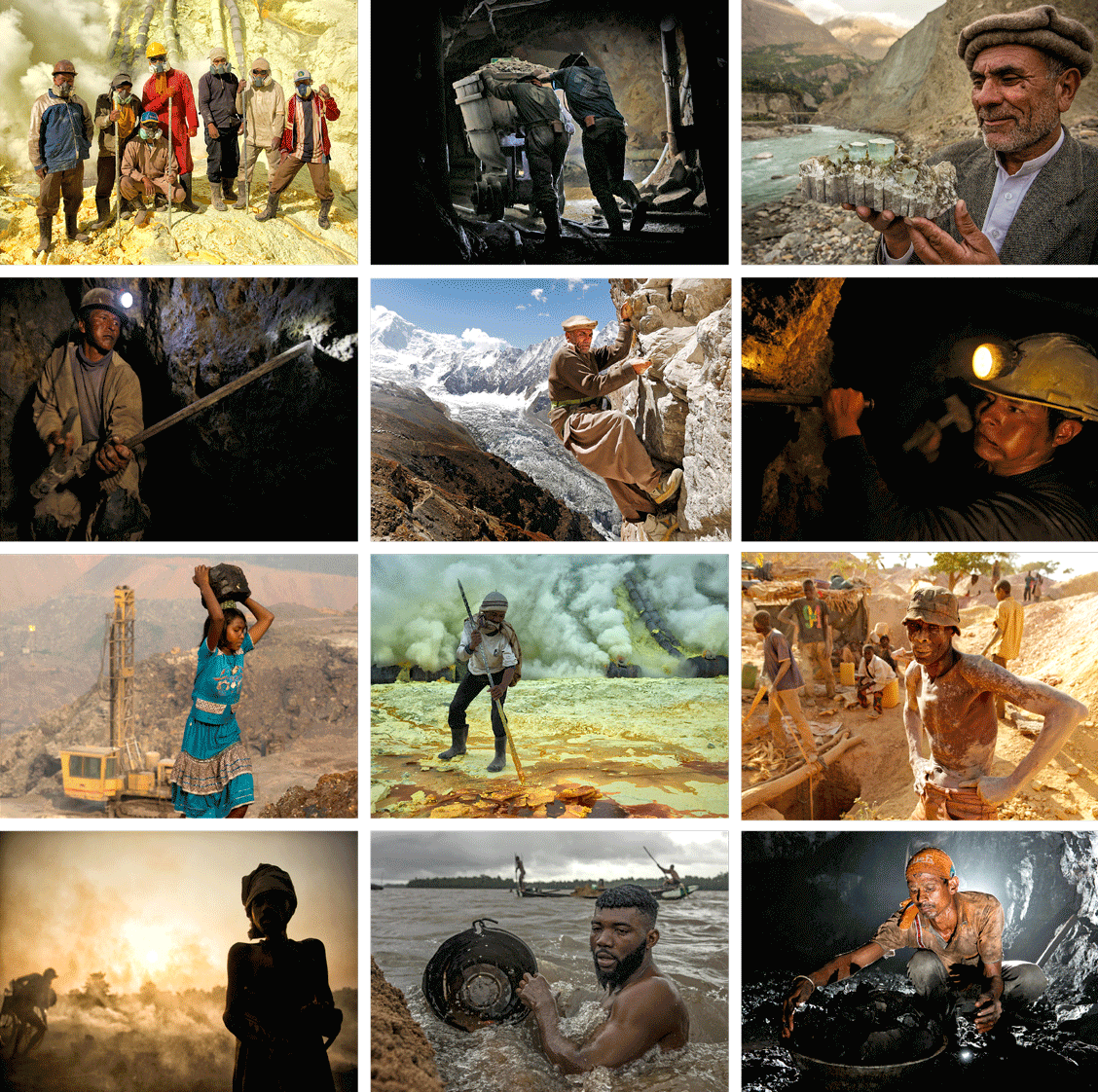
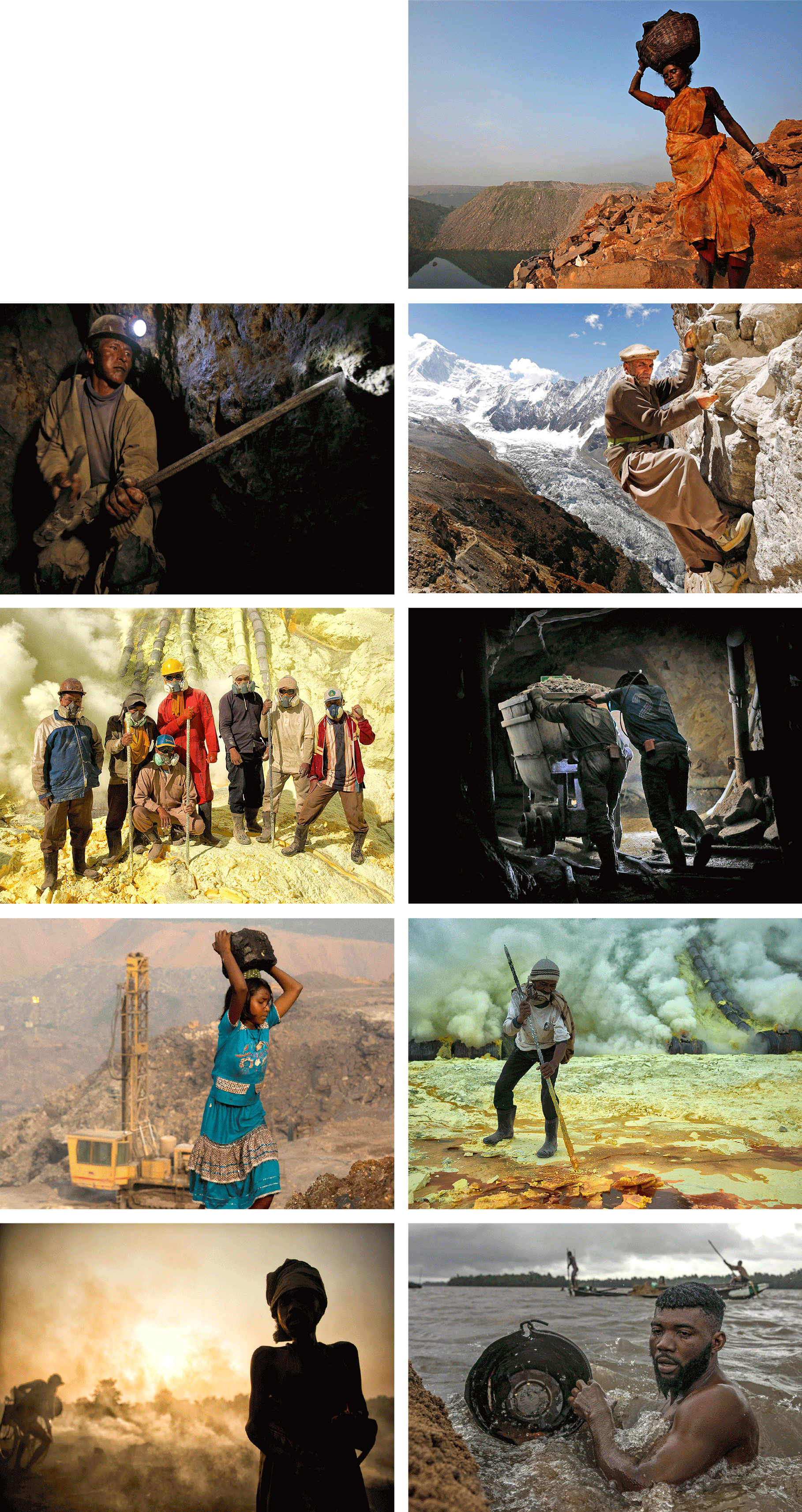
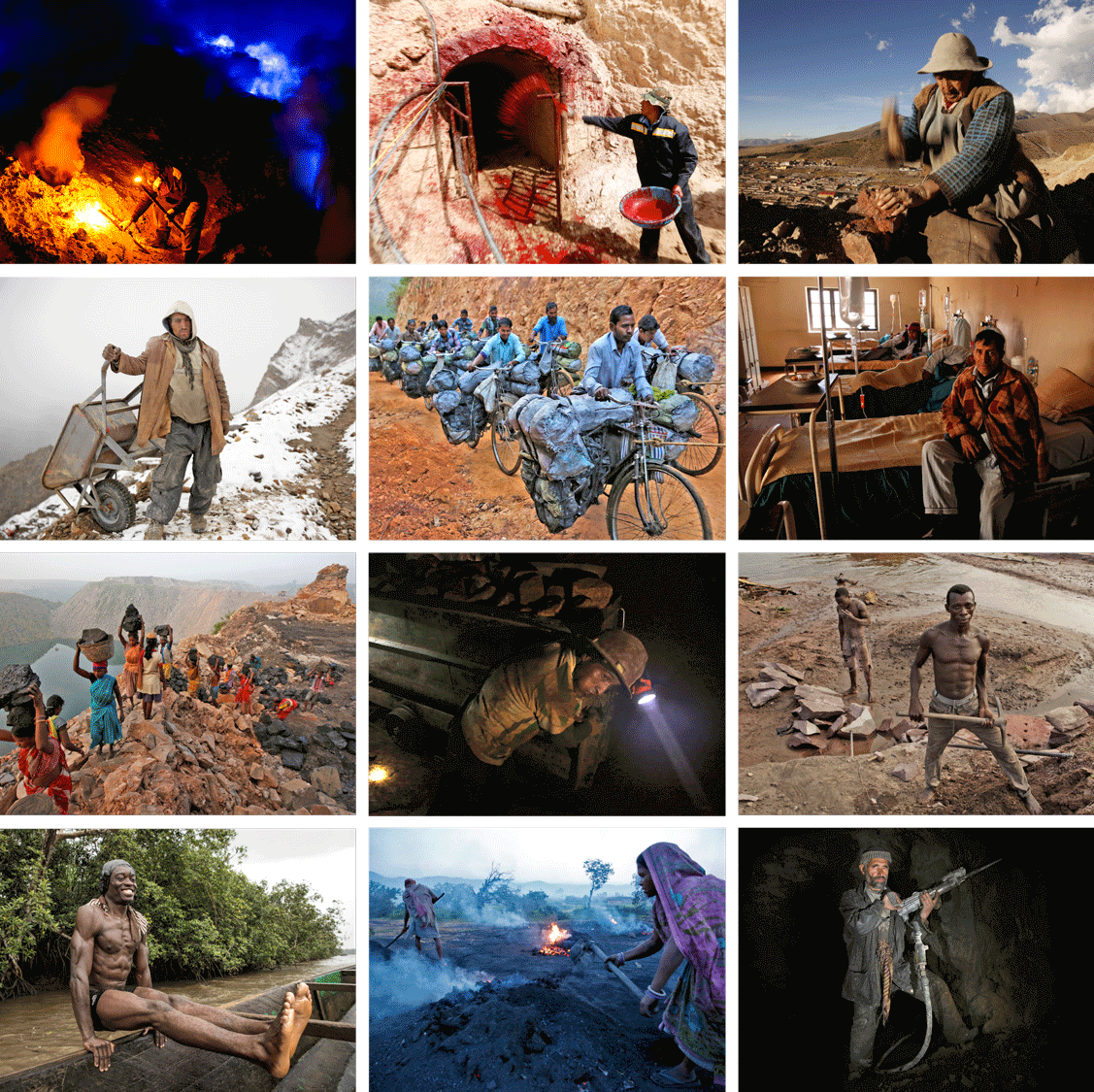
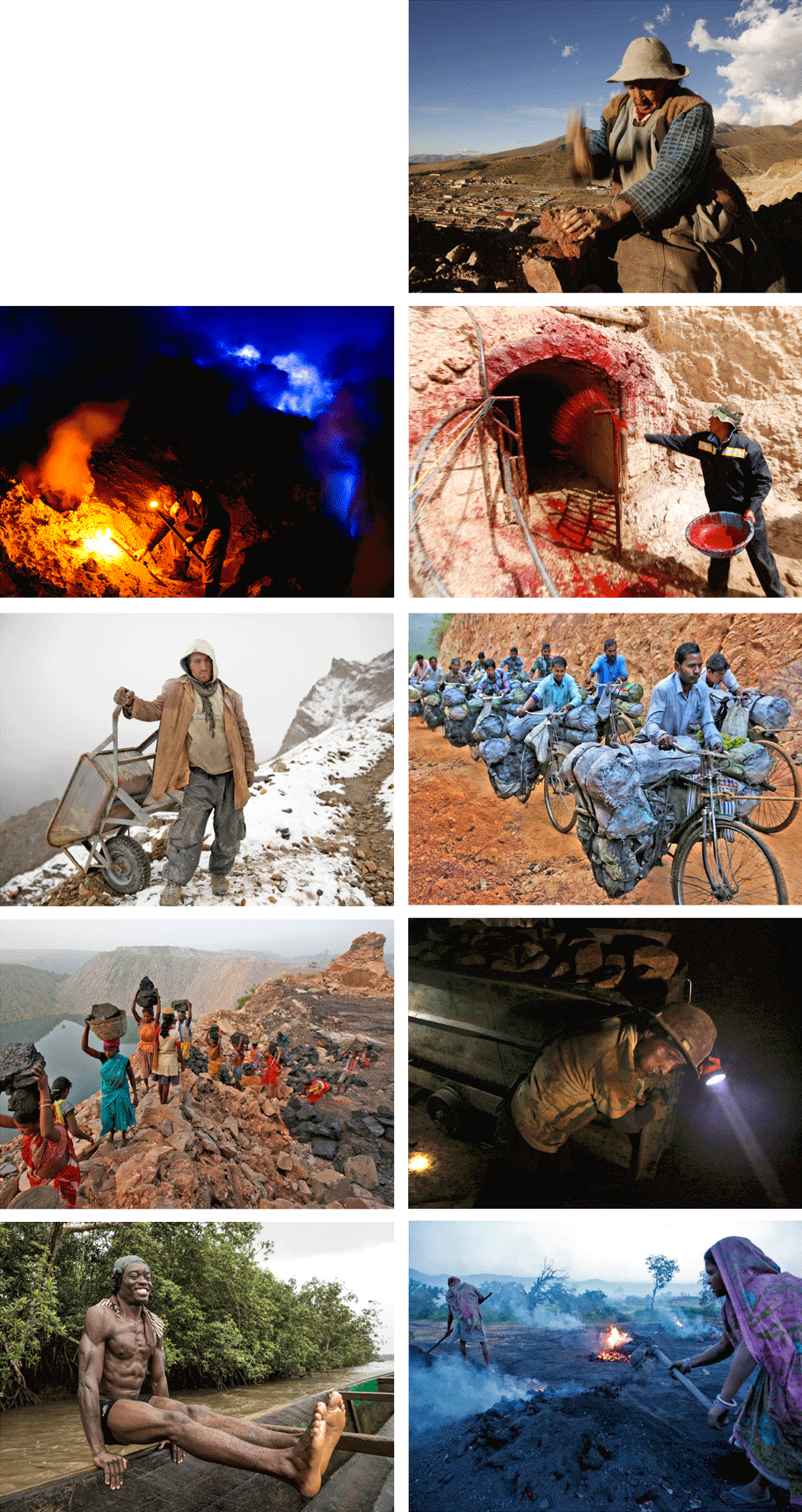

Now in this final quartile of the book I am searching for funding partners to help me get to the finish line. If you think you can help or know someone that can, I would love to hear from you.
